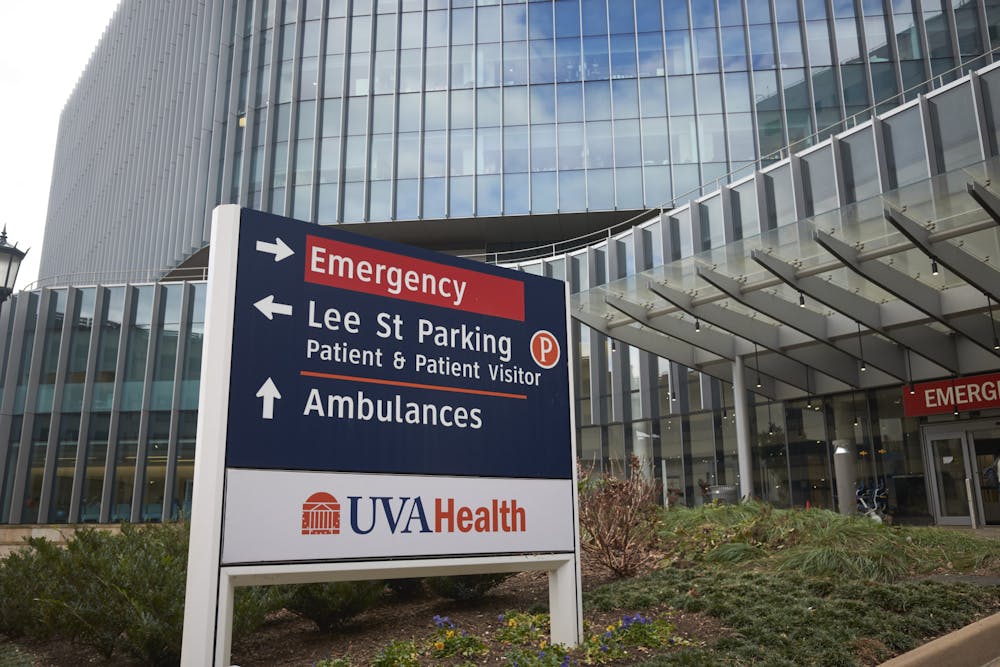The Board of Visitors’ Health System Board granted approval for the University to authorize contracts with Cardinal Health and Health Carousel through the University Medical Center — this approval is required for contracts with an annual value exceeding $5 million. The new contracts will equip the University’s health system with T-cell therapy and international staffing services. Additionally, the Board approved appointments, privileges, and resignations for clinical staff members at the University Medical Center.
The Health System Board is responsible for managing the University’s medical operations. The University requested approval from the Board on proposed contracts with Cardinal Health LLC, a pharmaceutical company that will provide CAR T-cell therapies — a therapy used to treat cancer. The other company receiving a contract that totals more than $5 million annually is Health Carousel LLC, a firm specializing in assisting hospitals with staffing needs.
The expenses associated with these contracts are detailed in the Board’s operating budget, and require approval from the Finance Committee as well.
Douglas E. Lischke, University Health’s chief financial officer, led the Board in reviewing financial information provided by the University. The Board agenda states that despite facing industry challenges related to labor and inflation, the University’s health profits were satisfactory.
Given the Board’s oversight of the University Medical Center, it proceeded with credentialing tasks, including approving credentials and privileges for clinical staff at the University Hospital. The Clinical Staff Executive Committee, a subsection of the University Hospital responsible for managing clinical staff, provides the Board with recommendations for appointments and credentials.
The Board granted various statuses to hospital employees, including designations such as attending physicians and nurse practitioners.
Wendy Horton, CEO of the University Medical Center, delivered updates to the Board. Horton, who assumed her role in November 2020, presented turnover rates, operational enhancements, and advancements in quality and safety measures at the center. The Board agenda states that the center’s nursing voluntary turnover rates have reverted to pre-pandemic levels, meaning nurse retention has increased.
Representatives from the University’s School of Medicine and School of Nursing provided further updates. Melina R. Kibbe, dean of the School of Medicine, provided updates on research projects, including the renewal of a five-year research grant from the National Institutes of Health for over $3.7 million. The grant has been awarded to infectious disease specialist Dr. Scott Heysell, and will fund tuberculosis research.
Marianne Baernholdt, dean of the School of Nursing, addressed the school’s contributions to the University’s “Honor the Future” campaign — a fundraising campaign that supports large-scale University investments. As of Jan. 30, 2024, the Nursing School has donated $88,727,327 to the campaign — surpassing their target goal by 118%.
The Health System Board will reconvene during the June Board of Visitors meetings.







